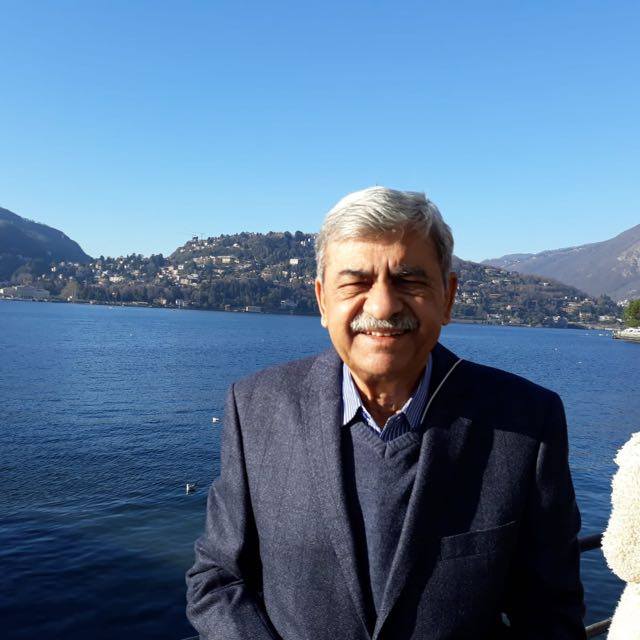The Financial Action Task Force (FATF) should take notice of more than 500 mutilated and unknown bodies which were found on the rooftop of a public hospital in Multan in Pakistan, said Baseer Naveed, Executive Director of Hong-Kong based International Human Rights Council.
“Multan is one of the biggest cantonment cities. The civil society and human rights organisations are of the firm opinion that these bodies are of those persons who were picked up by different military agencies and have disappeared for many months and years”, said Baseer.
He added, “The FATF must not entertain the request of Pakistan to take it off the Grey List of FATF. The FATF must demand Pakistan first hold an inquiry into the cases of recovery of dead bodies from the cantonment city of Multan”.
Baseer, who hails from Pakistan and himself is a victim of state atrocities said, “Thousands of persons are missing in the country and even the official enquiry commission on disappearances has pointed out that more than 5,000 persons are missing whereas media and rights bodies are claiming more than 40,000 persons are missing from Balochistan, Sindh and Khyber Pakhtunkhwa provinces, and even from Punjab province”.
“Therefore it is expected that FATF will not entertain Pakistan’s request and ask the government of Pakistan to clarify the recovery of more than 500 dead bodies from a cantonment city”, said the rights activist.
Pakistan has been on the Paris-based global money laundering and terrorist financing watchdog’s grey list for deficiencies in its counter-terror financing and anti-money laundering regimes since June 2018. This greylisting has adversely impacted its imports, exports, remittances, and limited access to international lending.
At the June plenary, global financial watchdog FATF retained Pakistan on its ‘grey list’ and said a final decision to remove it from the list will be taken after an “on-site” verification visit, according to a statement.
Later in September, a FATF team visited Pakistan. According to the Express Tribune newspaper, the findings of the team would be discussed and reviewed in the next meeting of the FATF in its upcoming plenary session.
Delegates representing 206 members of the Global Network and observer organisations, including the International Monetary Fund, the United Nations, the World Bank, INTERPOL and the Egmont Group of Financial Intelligence Units, will participate in the Working Group and Plenary meetings in Paris.
Delegates will discuss key issues including guidance on improving beneficial ownership transparency to prevent shell companies and other opaque structures from being used to launder illicit funds.
The Plenary will also discuss a report on the laundering of illicit proceeds generated from fentanyl and other synthetic opioids and proposals to enhance asset recovery.
“Discussions will also focus on jurisdictions identified as presenting a risk to the international financial system, with an update to public statements that identify jurisdictions as high risk or being subject to increased monitoring,” the FATF said.
The Paris-based watchdog said a summary of the Plenary’s decisions will be published on the FATF website following the conclusion of the meeting.
“On Friday 21 October, the FATF President will hold a press conference to announce the outcomes of the Plenary after it has ended. The press conference is scheduled for 17:00 CEST,” it said.

